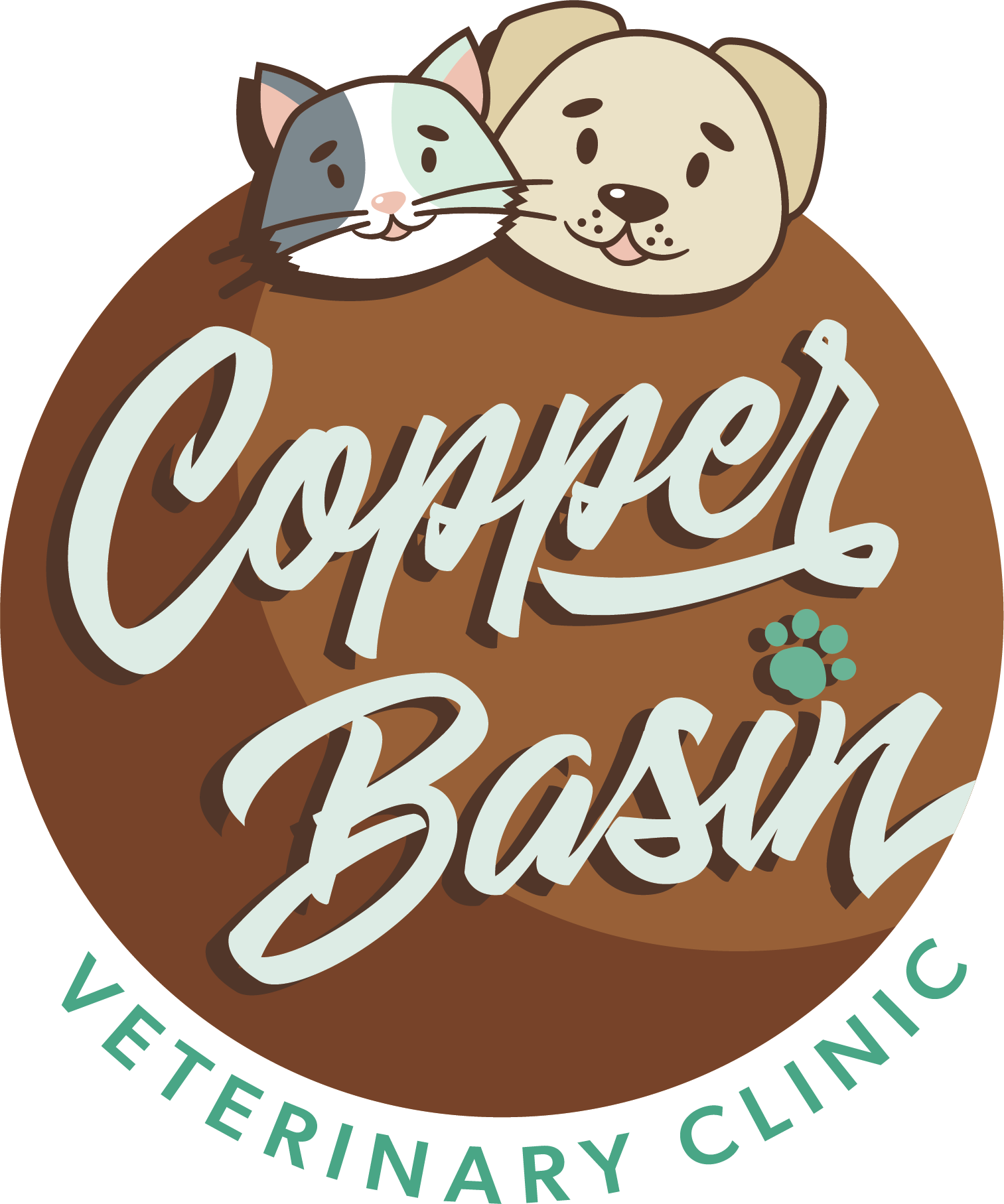Five Household Substances that Could Be Harmful to Your Beloved Pet
In celebration of National Animal Poison Prevention Week, March 19 to 25, our team wants to share some of the most prevalent household items that can be hazardous for your furry family members.
#1: Medications
Pet owners should be cautious of the medications that their pets may ingest – whether it is an entire pack of beef-flavored heartworm preventives or prescription medicine. Food-motivated dogs, in particular, are quick to snatch up any pills they come across before you have a chance to pick them up. They could also sniff out pill bottles hidden away in visitors’ bags and even steal from your countertop! Medication overdoses can prove fatal for our furry pals, so if ever you find yourself facing this critical situation, don’t hesitate; contact an animal poison control hotline right away as soon as possible!
#2: Food
Your four-legged friend may find the kitchen a tantalizing spot but beware of potential hazards that can cause serious health issues. Chocolate, macadamia nuts, xylitol, avocados, and unbaked yeast dough should all be kept away from pets. Additionally, alcohol, grapes, and raisins are highly toxic to animals. To ensure safety in your home, it is best to prevent furry friends from roaming around while cooking or baking and purchase a locking trash bin for added protection against curious noses!
#3: Household chemicals
While a few chemicals in your home can cause harm to your pet if ingested, be sure to store away the following common hazards from their reach:
- Cleaning products
- Disinfectants
- Aerosol air fresheners and other products
- Candles
- Antifreeze
- Windshield washer fluid
- Paint
- Glue
- Nail polish remover
#4: Houseplants
If you are a pet owner, it is imperative to be aware of the hazards that some common houseplants can pose. Lilies, in particular, have been known to be highly toxic for cats, with even contact with pollen potentially leading to fatal results. Other typical plants, such as dieffenbachia and spider plants, should also not be kept near pets due to their potential toxicity levels. Even outdoor flowers like ivy and oleander can cause harm if consumed by animals – prior research on ASPCA’s toxic plant list may help prevent this risk!
#5: Batteries and coins
If ingested, batteries and coins can be hazardous to your pet’s health. If chewed or punctured, a battery could cause chemical burns. Swallowing an intact battery whole is also dangerous as it may create a gastrointestinal blockage in your pet’s body.
If you believe your beloved pet has had a potential brush with toxicity, reach out to our team without delay.

